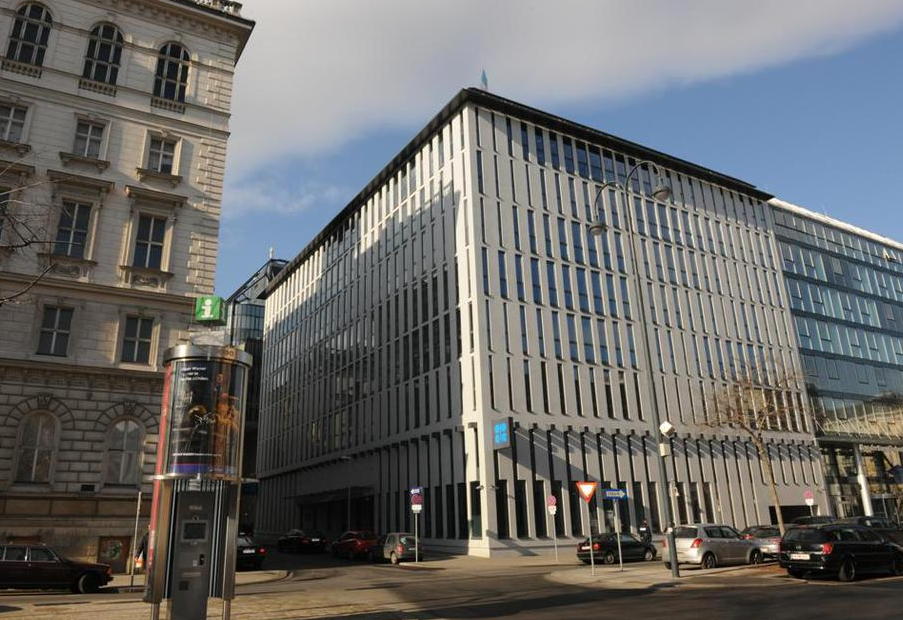
Oil producers including Gulf OPEC members support holding talks next month on a deal to freeze output even if Iran declines to participate, OPEC sources said, as political pressure to prop up prices increases.
OPEC and non-OPEC producers will meet in Doha on April 17, Qatari Energy Minister Mohammed bin Saleh Al-Sada said, following a February agreement between Saudi Arabia, Qatar, Venezuela and non-OPEC Russia to stabilise output. (Full Story)
“To date, around 15 OPEC and non-OPEC producers, accounting for about 73 percent of global oil output, are supporting this initiative,” Sada said in a statement. Qatar holds the OPEC presidency in 2016 and has been organising the effort.
Oil prices rose on Wednesday, supported by the announcement and on growing signs of a decline in U.S. crude production. Brent crude LCOc1 was trading near $40 a barrel, up from a 12-year low of $27.10 reached in January.
The reluctance of Iran, which is boosting its oil exports to recover market share after the lifting of Western sanctions in January, to join such an accord has been cited by OPEC sources as a potential roadblock to a wider agreement.
But on Monday, Russian Energy Minister Alexander Novak said after talks in Tehran that a deal could be signed in April and exclude Iran. An exemption for Iran is not a deal breaker, OPEC sources said.
“It’s a setback but it will not necessarily change the positive atmosphere that has already started,” said one OPEC source from a major producer, referring to Iran saying it will not join any freeze accord.
Novak was due to call Saudi Oil Minister Ali al-Naimi on Wednesday to brief him on his trip to Tehran, two sources said.
A freeze in output would at least stop adding to the excess supply that has caused prices to collapse from levels above $100 a barrel seen in June 2014.
OPEC delegates have said that further action including a supply cut could follow by the end of the year, depending on Russia’s commitment to the freeze and how much oil Iran adds to the market.
Recommended for you
